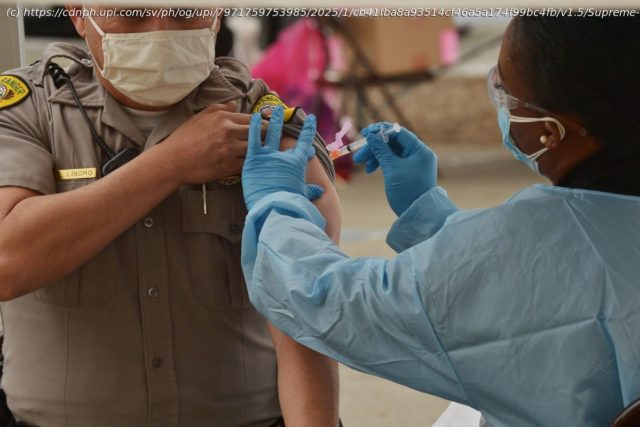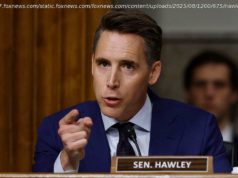The Supreme Court will hear cases of a Rastafarian over forcibly shaving off dreadlocks and a counselor opposing a ban on conversion therapy for minors.
Oct. 6 The appeals of a Rastafarian who wants to sue correctional officers for forcibly shaving off his dreadlocks and a counselor who is challenging a ban on conversion therapy for minors are on the U.S. Supreme Court’s docket for its 2025-26 term, which begins Monday.
Decisions by the justices on whether to grant review of other cases that impact religious liberty are pending.
When Damon Landor was serving a five-month sentence at a Louisiana prison in 2020, his dreadlocks were almost down to his knees. He had taken a Nazarite vow, the biblical oath taken by Samson that requires him to abstain from cutting his hair.
Landor came to the prison prepared with a copy of a 2017 decision by the 5th U.S. Circuit Court of Appeals that said Louisiana’s policy of cutting the hair of Rastafarians violated the Religious Land Use and Institutionalized Persons Act.
The act prohibits regulations that impose a “substantial burden” on the religious exercise of persons confined to institutions.
Landor showed the decision to the intake guard, who threw the papers in the trash and summoned the warden. The warden asked him if he had documentation about his religious beliefs from his sentencing judge, Landor’s appeal says. He did not, but offered to contact his attorney to get the documents.
But on the instructions of the warden, Landor was handcuffed to a chair and two guards held him down while a third shaved him bald, the appeal says. After his release from prison, he filed suit, accusing the prison officials of violating the law.
A judge dismissed the suit, ruling that based on precedent, the law does not allow for damages against individual state officials. The dismissal was upheld by a three-judge panel of the 5th U.S. Circuit Court of Appeals, which said they “emphatically condemn” Landor’s mistreatment, but that he could not seek money damages from them.
The appeal says the Supreme Court ruled in 2020 that government officials can be sued in their individual capacity for damages for violations of the Religious Freedom Restoration Act and that the Religious Land Use and Institutionalized Persons Act contains identical language.
Arguments in the case are scheduled for Nov. 10.
Regulating speech or conduct?
The court is slated to hear an appeal Tuesday by Kaley Chiles, a Christian and a licensed professional counselor who is challenging Colorado’s Minor Conversion Therapy Law that bans counseling conversations with minors that might encourage them to change their sexual orientation or gender identity while allowing assistance to a person undergoing gender transition.
Many of Chiles’ clients also are Christians who seek her help because of their shared faith-based convictions, according to the appeal. It claims the ban censors conversations based on viewpoints and violates her free speech rights.
But the 10th U.S. Circuit Court of Appeals upheld the law as a regulation of Chiles’s conduct, not speech.
The restrictions work only one way and the repercussions for breaking the law include thousands of dollars’ worth of fines and revocation of a counseling license, said Kate Anderson, the senior counsel of Alliance Defending Freedom, which represents Chiles.
“If you’re a secular counselor pushing gender ideology on children? That has the government’s golden seal of approval. But helping clients who genuinely want to regain peace with their biological sex? That’s forbidden”, Anderson wrote in a post on the alliance website.
Although the arguments in the case center on free speech, religious and advocacy organizations on both sides of the issue have filed friend-of-the-court briefs raising religious freedom arguments.





